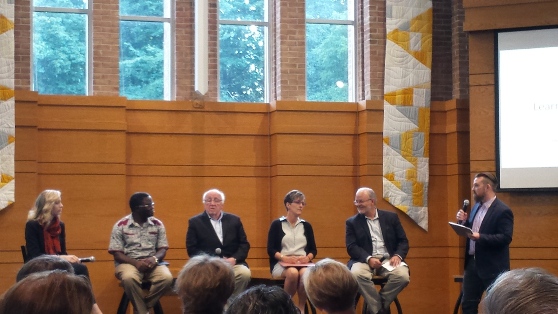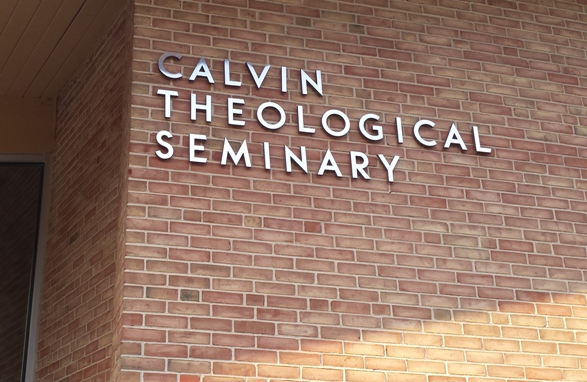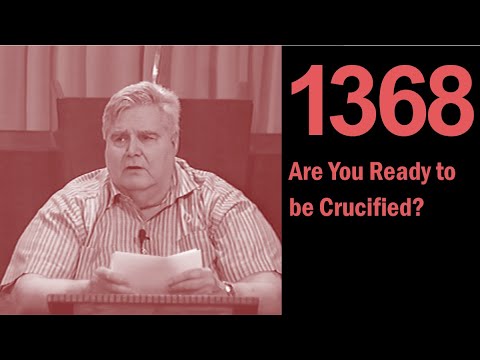Consultation on American Evangelicals and Islam
As any observer of contemporary media well knows, the religion of Islam and its Muslim adherents have for some time been at the center of much public attention. Previously, American evangelicals have responded to Islam in various ways. Some regard Islam with fear and condemnation. These view Islam primarily in terms of terrorism and violence. Islam appears here as a threat to Western faith and values. Consequently, there is a tendency to demonize Islam as a religion and Muslims as a people. Another view, which appears naïve to many, is that Islam is a peaceful religion and has nothing to do with terrorism. Unfortunately, together these views produce confusion and paralysis among rank-and-file Christians. Not surprisingly, many evangelicals have opted for a posture of silence. In this case, urgent and pressing questions among evangelicals remain mostly dormant. Sadly, evangelicals with opposing perspectives more often than not, talk about rather than to each other.

Panel during the Friday, August 25, 2017, public forum entitled, “Learning to Engage Our Muslim Neighbors.” From left to right: Michal Muelenberg, John Azumah, Richard Mouw, Marion Larson, Rick Love, and Cory Willson (facilitator).
Yet it has been rightly said that Christian responses to Islam and Muslims in the post-9/11 world represent “a struggle for the soul of the Christian faith”. How individual Christians, congregations, and the larger church engage with their Muslim neighbors and with Islam generally has tremendous import for the mission of Christ’s church and for Christian witness worldwide. This conundrum is true around the world and is increasingly as relevant in North American communities, large and small.
Evangelicals are working together on this much-needed topic. I do hope there will be much more work of this kind to follow soon.
Against this backdrop consultation organizers convened an “intra-evangelical” conversation with approximately 55 evangelical leaders across a broad spectrum of perspectives, values and commitments committed to the work of the Church as it relates to Muslims.[1] The consultation occurred August 24-26, 2017 at Calvin Theological Seminary in Grand Rapids, Michigan (with beautiful weather made to order!). The aim of the consultation was to create a safe space for evangelicals—academics, church leaders, pastors and missionaries—to have fruitful conversations about our respective hopes, fears and questions as we seek to embody a faithful witness in the churches. It also strove towards constructive conversations that move beyond paralysis and demonization, aiming at an effective Christian witness in these times. Finally, it sought to identify or create actionable theological resources to root interfaith engagement deeply within approaches to Christian discipleship across denominational lines.
 While the American context was the focus, input came from leading majority world voices, particularly Africa, Asia and the Middle East. Organizers understood that living in an age of the global church requires wisdom from those parts of Christ’s body for the American church to properly and effectively continue to play its leading role in global missions. The hope is that this gathering will spur on future smaller consultations that bring together Muslims and evangelicals to discuss pressing issues and tensions that exist between Christians and Muslims in America. Several participants are already engaged in these types of conversations and projects with Muslims. For example, Fuller Seminary, Columbia Theological Seminary, and Pentecostal Theological Seminary regularly teach courses involving engagement with the reality of Islam and its adherents at various levels of theological and dialogical discourse.
While the American context was the focus, input came from leading majority world voices, particularly Africa, Asia and the Middle East. Organizers understood that living in an age of the global church requires wisdom from those parts of Christ’s body for the American church to properly and effectively continue to play its leading role in global missions. The hope is that this gathering will spur on future smaller consultations that bring together Muslims and evangelicals to discuss pressing issues and tensions that exist between Christians and Muslims in America. Several participants are already engaged in these types of conversations and projects with Muslims. For example, Fuller Seminary, Columbia Theological Seminary, and Pentecostal Theological Seminary regularly teach courses involving engagement with the reality of Islam and its adherents at various levels of theological and dialogical discourse.













Leave a Reply